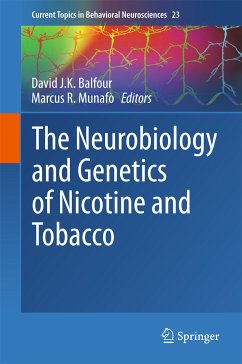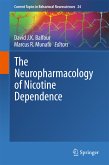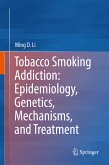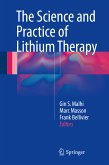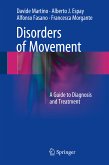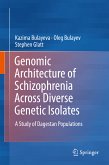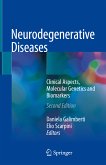These volumes will provide readers with a contemporary overview of current research on nicotine psychopharmacology and its role in tobacco dependence from leaders in this field of research and will hopefully prove valuable to those who are developing their own research programmes in this important topic.
CTBN Vol 23 The Behavioral Genetics of Nicotine and Tobacco
The primary purpose of this book and its companion volume The Neuropharmacology of Nicotine Dependence is to explore the ways in which recent studies on nicotine and its role in tobacco addiction have opened our eyes to the psychopharmacological properties of this unique and fascinating drug. While the present volume considers the molecular and genetic factors which influence behavioral responses to nicotine and how these may impact on the role of nicotine in tobacco dependence, the book The Neuropharmacology of Nicotine Dependence focuses on the complexneural and psychological mechanisms that mediate nicotine dependence in experimental animal models and their relationship to tobacco addiction in humans.
These volumes will provide readers with a contemporary overview of current research on nicotine psychopharmacology and its role in tobacco dependence from leaders in this field of research and will hopefully prove valuable to those who are developing their own research programmes in this important topic.
Dieser Download kann aus rechtlichen Gründen nur mit Rechnungsadresse in A, B, BG, CY, CZ, D, DK, EW, E, FIN, F, GR, HR, H, IRL, I, LT, L, LR, M, NL, PL, P, R, S, SLO, SK ausgeliefert werden.

